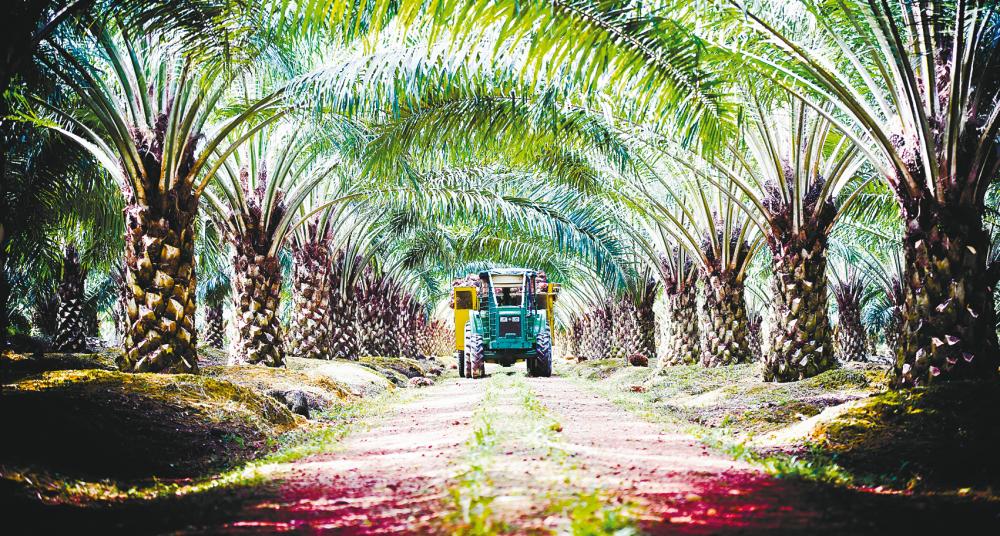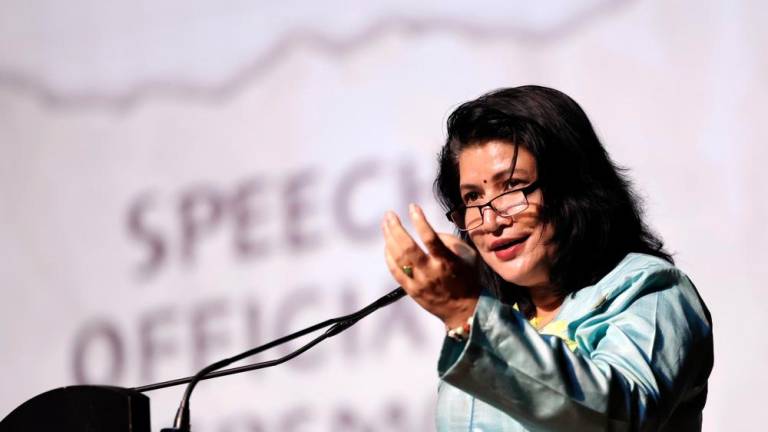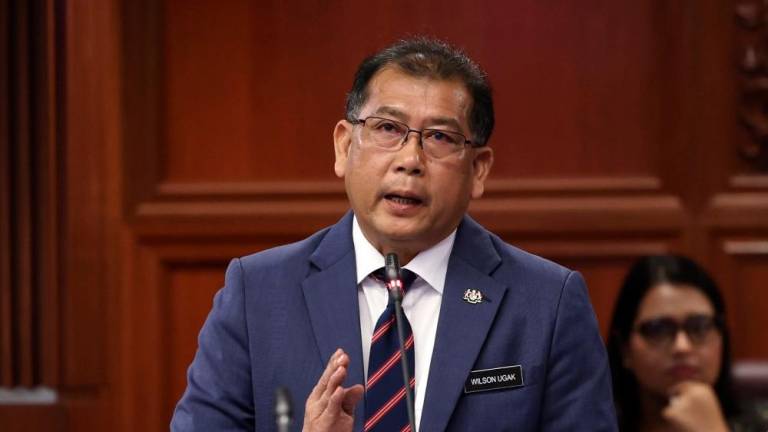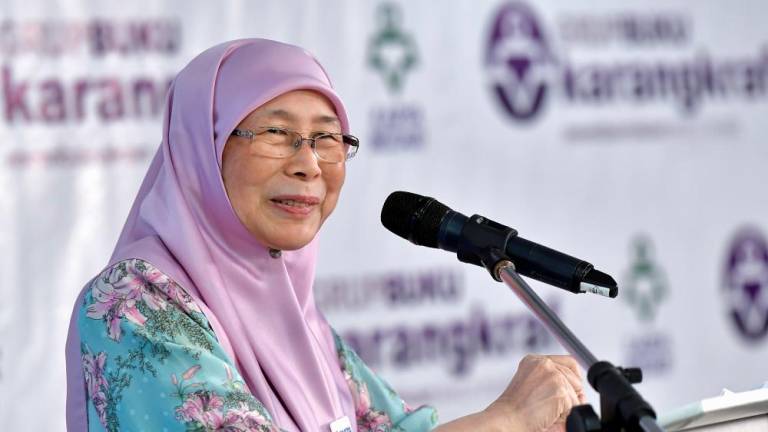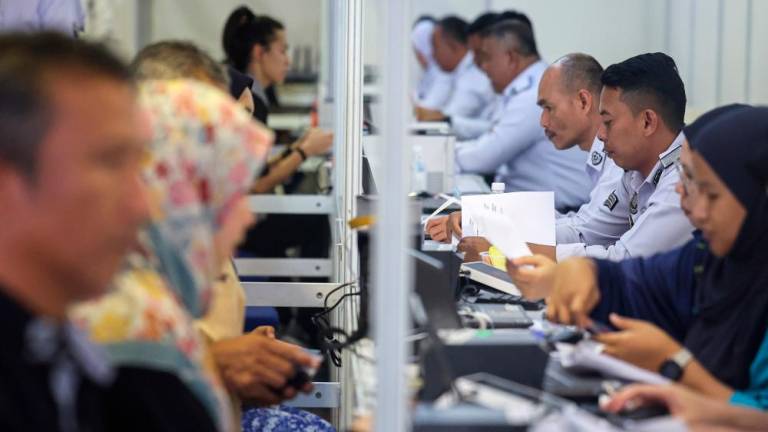PETALING JAYA: Kulim (Malaysia) Bhd aims to establish itself as a comprehensive agribusiness entity involved in agro-farming, livestock and trading and services.
In line with this aspiration, it wants to become an integrated palm oil player and tap the vast potential in the sector’s downstream segment, by turning by-products into value-added products – such as using palm oil waste to generate energy and making animal feed out of kernel.
Managing director Mohd Faris Adli Shukery explained: “A natural extension from this is to further refine the oil into specialty fats but this would be through smart partnerships with current international players with a secured market base.
“We will also leverage the adjacencies offered by being in the Johor Corp Bhd group of companies where more possibilities can be explored in the area of farming, livestock and trading, to name a few,” he told SunBiz.
In the short term, Kulim aims to focus its expansion efforts on cash crops and mono crops, namely vegetables and tropical fruits, respectively. The managing director elaborated that this is part and parcel of its aim to advance Malaysia’s food security as its agribusiness agenda aims to fill the value chain between the producer and the market.
“By playing a major role in various parts of the value chain, we can ensure quality, safe and nutritious produce for local people especially in vegetables, fruits, meat, mutton, and milk whi currently has low self-sufficient levels in Malaysia.”
Despite its expansionary ambitions, he outlined that all of its plans will be done with environmental social governance (ESG) considerations in mind, rooted in the firm’s no deforestation, no peat, and no exploitation stance. With the environment in mind, Faris stated that the group’s efforts to increase its oil palm hectarage will be done through collaboration and acquisition of brownfield areas.
Kulim plans to engage stakeholders on a regular basis on ESG and strategic matters to address their issues as a testament to the firm’s stewardship on environmental factors covering waste and pollution, greenhouse emissions and climate change among others.
Faris elaborated that such engagements will keep Kulim abreast of social and environmental expectations and fortify its business insights.
The managing director stated that its ESG aspirations will translate into good farming as it looks for means to reduce its carbon footprint.
“By 2023-2024, the group will complete one of its phases of our digitalisation plan to farming and commitment towards renewable energy by the opening of our bio methane and bio-compressed natural gas (Bio-CNG) plants.
“This method tends to be more productive, sustainable, and economically competitive with traditional cropping systems. It will provide more climate-resilient, potentially reducing land erosion as well as a more productive agricultural system,” he said.
With regard to future venture into integrated farming and food security, Faris said the plan is still at a nascent stage at this juncture and it has yet to finalise the choice and type of crops that will be grown. However, he stressed that the decision will be guided by market demand with the aim of shoring up Malaysia’s food security.



